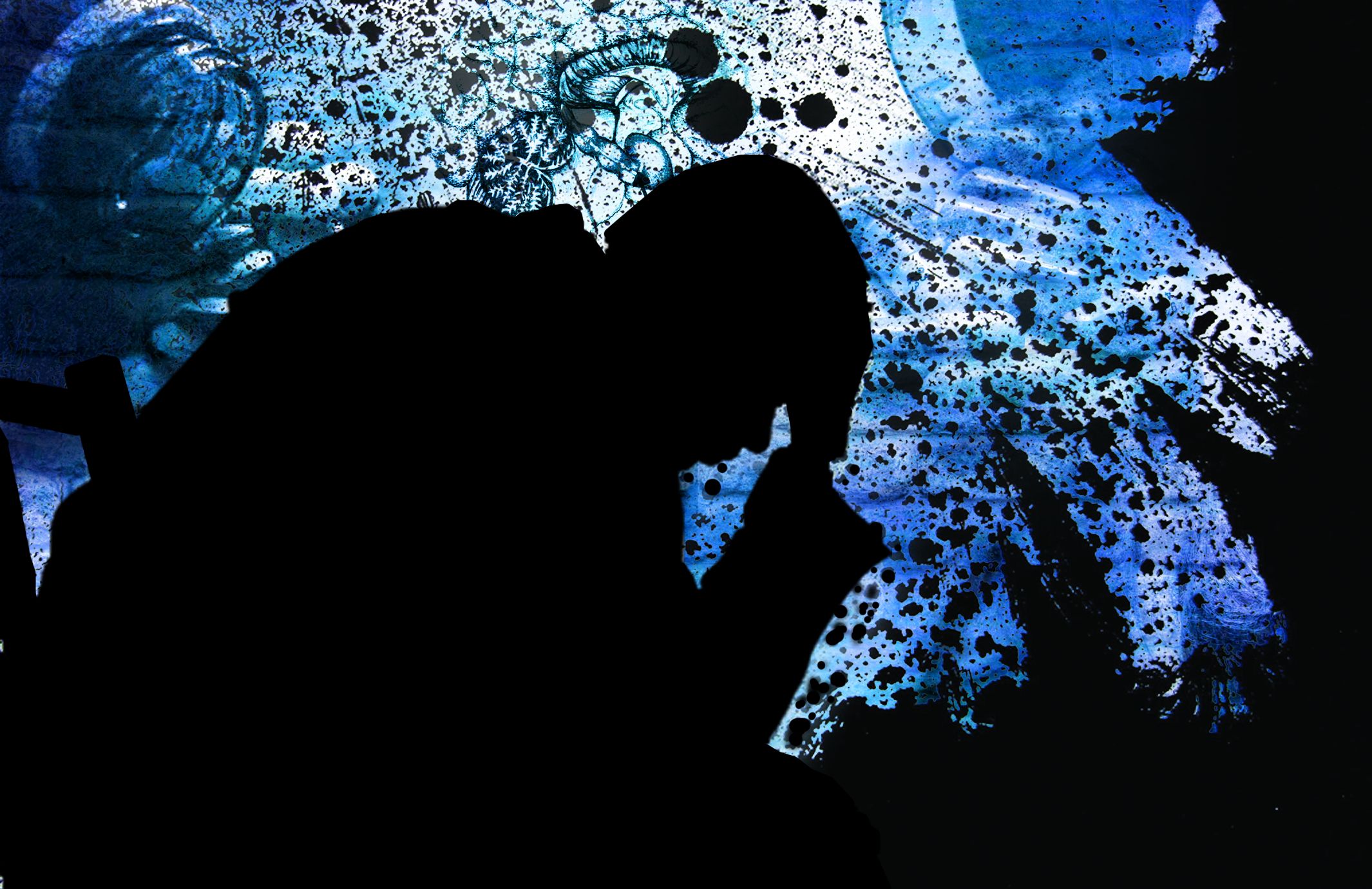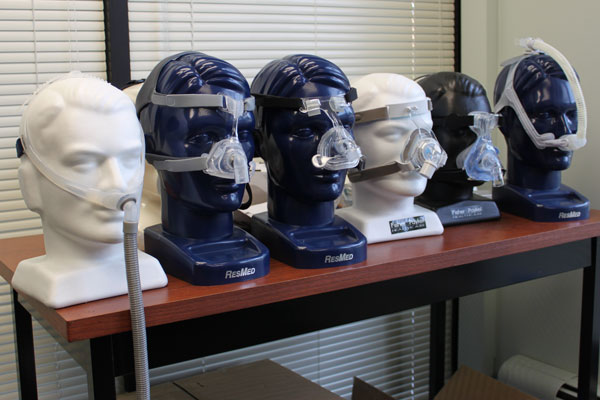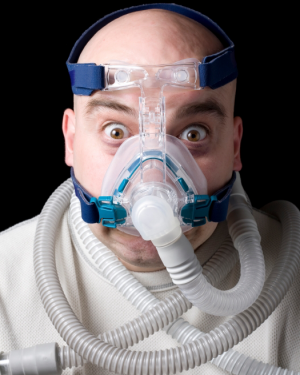When writing about depression, it’s easy to go into so much depth about the myriad causes and effects that the bigger picture is lost on some people.
Mood music:
http://youtu.be/fvVFg1wLtBs
My last two posts about a sleep apnea diagnosis and the its probable effects on my depression over the years led one friend on Twitter to say this:
I think there might be confusion about cause and effect here. Also, depression is not just a mood you experience some times.
I bristled at that for a moment, because I’ve been pretty open about my long battles with depression and, to my recollection, have never suggested it was a little mood I sometimes find myself in. We went back and forth a bit more on Twitter and reached a consensus of sorts. He thanked me for clarifying, adding, “Too often I see people treating depression like a paper cut.”
It’s easy to feel that way when someone starts picking at the various causes of depression from around the edges. In the case of sleep apnea, the lack of proper sleep isn’t the primary trigger for my bouts of melancholy. For me, a variety of triggers feed the larger monster.
But over time I’ve found it important to stop and ponder every little piece of the puzzle. The sleep apnea is just one more discovery, and the treatment could be a new arrow in a quill that’s grown fatter over time.
Along the way, I believe I’m improving myself and making the depressive episodes smaller as I go. I’m getting a constant education and I try to apply those lessons to my daily life.
I’m not going to stop doing so, even if people occasionally suggest I’m letting small details get in the way of the bigger picture. I know the big picture all too well.
The depression I’ve experienced amounts to wasted years, long periods where I hid indoors, lying in front of the TV, eager to escape the real world. I missed out on a lot of quality living in those years.
Thanks to the right mix of medication, years of intense therapy and other lifestyle changes, I’m a different man today. I don’t fear things like I used to, and I’ve racked up many priceless experiences in the last half-decade as a result.
I still suffer from periods of depression, especially in winter. But my time no longer goes to waste.
If picking around the edges keeps me from sliding backwards, so be it.



